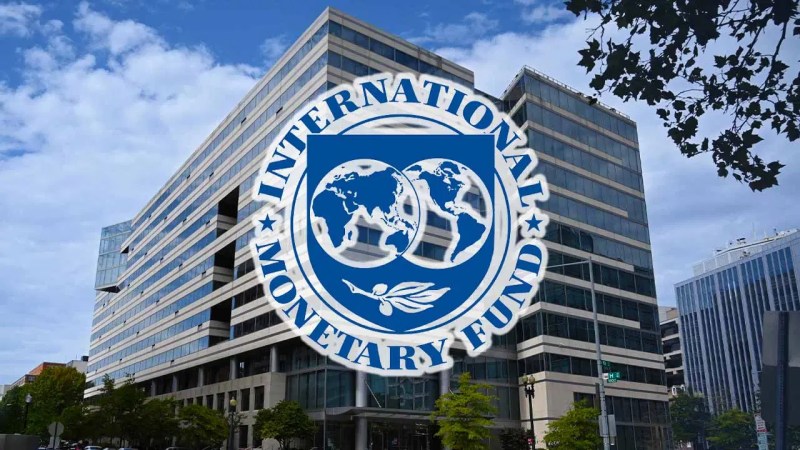Marketers Face N14bn Loss as Dangote Refinery Slashes Petrol Prices

Story written by SpringNewsNG Media Limited | April 21, 2025
The average landing cost for imported petrol currently stands at N868.33 per litre—N33.33 higher than the new ex-depot price of N835 offered by Dangote Refinery. This growing cost gap is expected to shift market dominance in favor of locally refined products, leaving many importers at a competitive disadvantage.
While this projected daily loss is lower than the N2.5 billion recorded in March 2025, it signals an ongoing disruption in Nigeria’s petroleum import ecosystem. Analysts believe this could signify a turning point in the nation’s fuel supply chain, driven by Dangote Refinery’s assertive pricing strategy.
Last Wednesday, Dangote Refinery implemented its third price reduction in six weeks, slashing the gantry price of petrol by N30—from N865 to N835 per litre—representing a 3.5% drop. The refinery had previously dropped prices from N880 just a week earlier.
According to a statement issued by the company, the new pricing takes effect from April 16, 2025, with key distribution partners like MRS, Ardova (AP), Heyden, Optima Energy, Hyde, and Tecno Oil adopting adjusted pump prices. In Lagos, retail prices will now sit at N890 per litre, down from N920, while the South-West sees a cut to N900, and the North-West and North-Central move to N910. The South-East, South-South, and North-East zones now pay N920 per litre, a decrease from N950.
The Independent Petroleum Marketers Association of Nigeria (IPMAN) welcomed the price cut, though members expressed concern over existing fuel stock purchased at higher rates. “Marketers with old inventory are compelled to sell at a loss,” said IPMAN’s Publicity Secretary, Chinedu Ukadike. “While it benefits the public, we stand to lose billions.”
Further analysis shows that with Nigeria’s current daily petrol consumption at roughly 50 million litres, importers purchasing at N868.33 per litre and selling at N835 could face daily revenue losses totaling nearly N466.62 million. The figures were validated by the Major Energies Marketers Association of Nigeria and recent statistics from the Nigerian Midstream and Downstream Petroleum Regulatory Authority (NMDPRA).
Petrol imports have steadily declined—from 44.6 million litres daily in August 2024 to 14.7 million litres by mid-April 2025. This drop is largely attributed to the restart of the Port Harcourt Refinery and increased output from modular refineries.
Fuel importers now face a difficult choice: adapt to local refining trends or risk becoming obsolete. According to Eche Idoko, Publicity Secretary of the Crude Oil Refinery Owners Association of Nigeria (CORAN), many importers remain resistant to change. “We’ve invited them to rethink their strategies, but many are not responding. Eventually, the market will edge them out,” he said.
Meanwhile, the Nigerian National Petroleum Company Limited (NNPCL) has adjusted its PMS price to N935 per litre at key stations in Abuja’s Central Area, Wuse Zone 4, and Kubwa. While this represents a minor reduction from previous prices, it still exceeds the N910 per litre offered by stations aligned with Dangote Refinery.
Dr. Billy Gillis-Harry, President of the Petroleum Products Retail Outlets Owners Association of Nigeria (PETROAN), voiced concern over the unpredictability of fuel pricing. “There’s no transparent formula guiding these changes. It appears arbitrary, and such volatility is harmful to the industry,” he remarked.
As Dangote Refinery continues to reshape Nigeria’s fuel market, stakeholders across the value chain are urged to embrace transparency and fair competition. With local refining gaining momentum, the future of fuel importation in Nigeria hangs in the balance.







